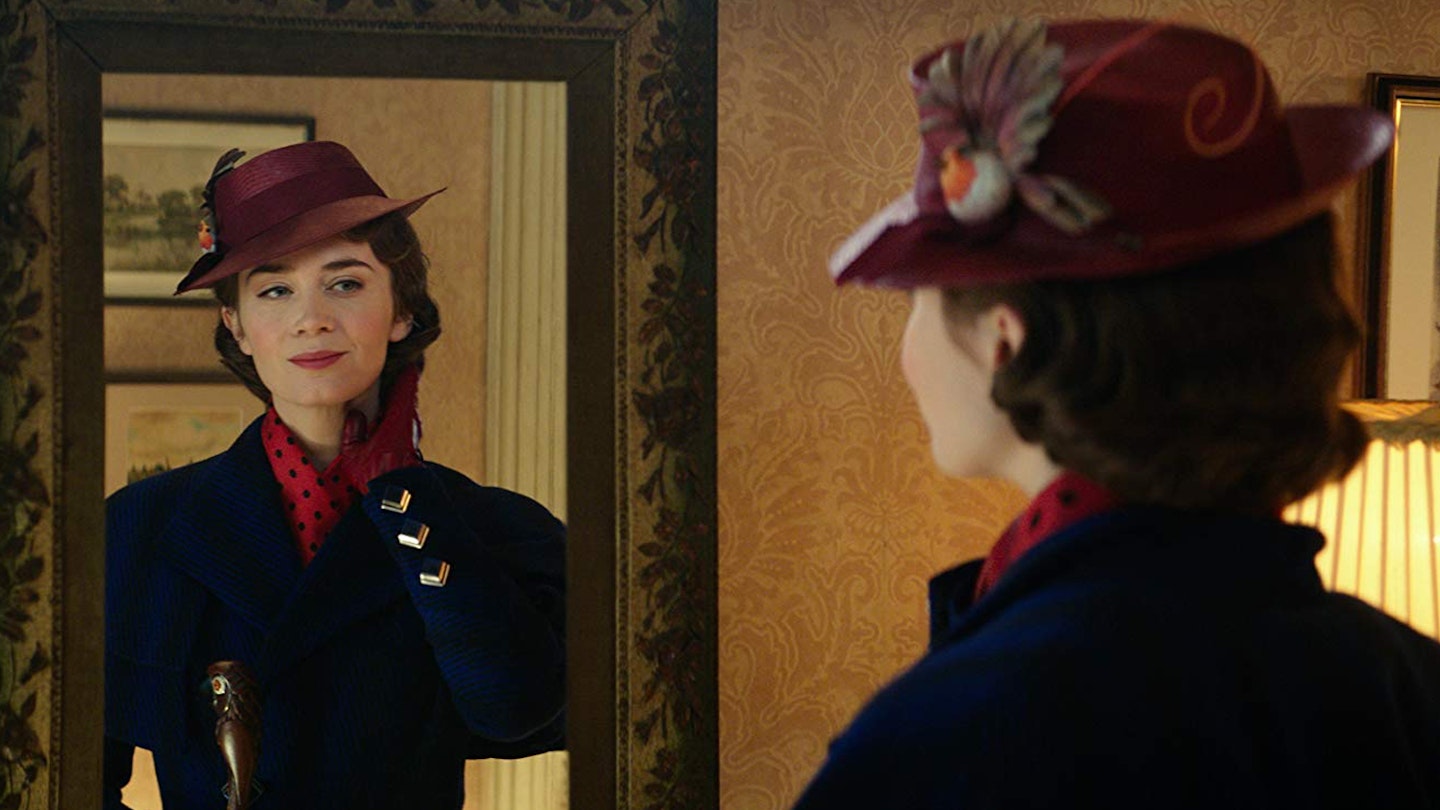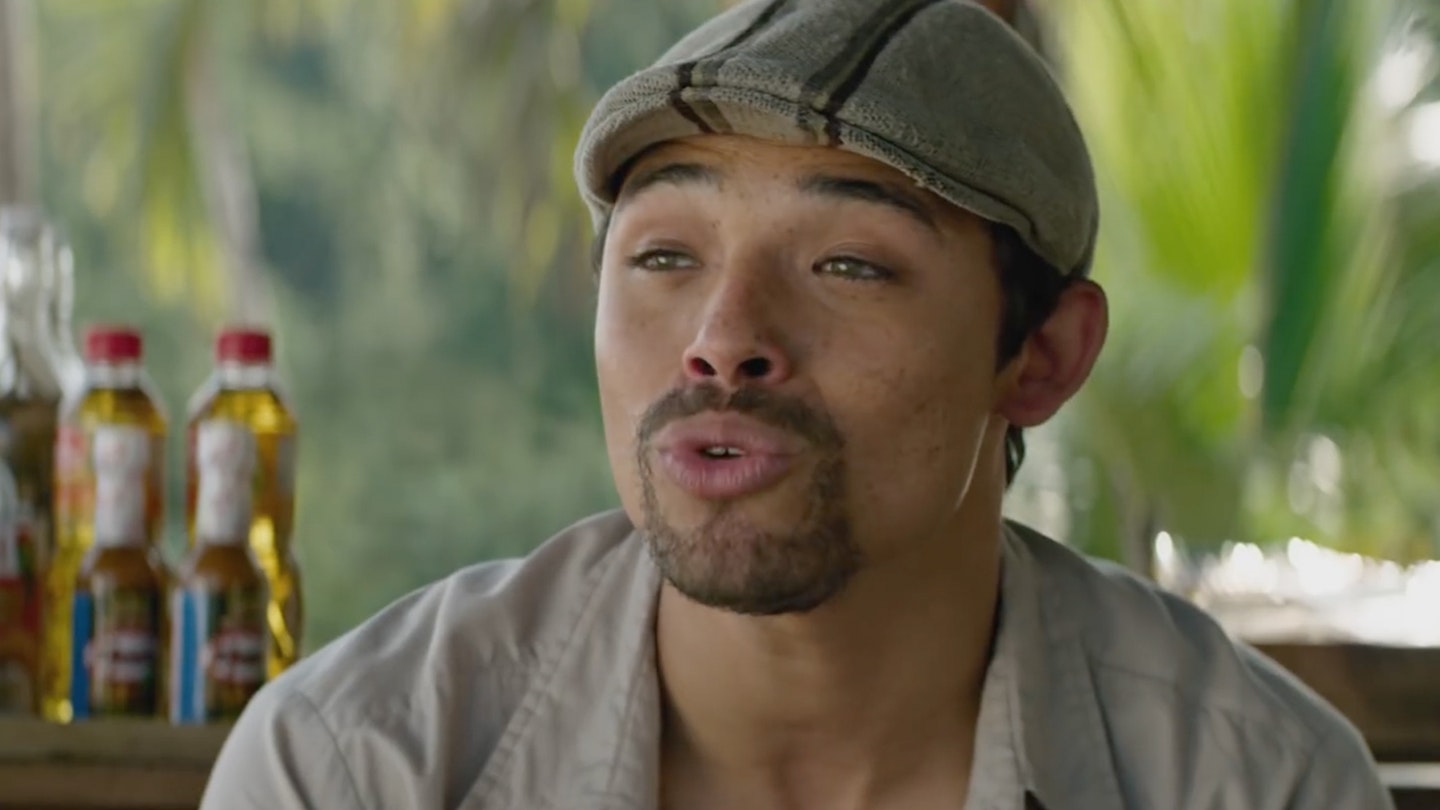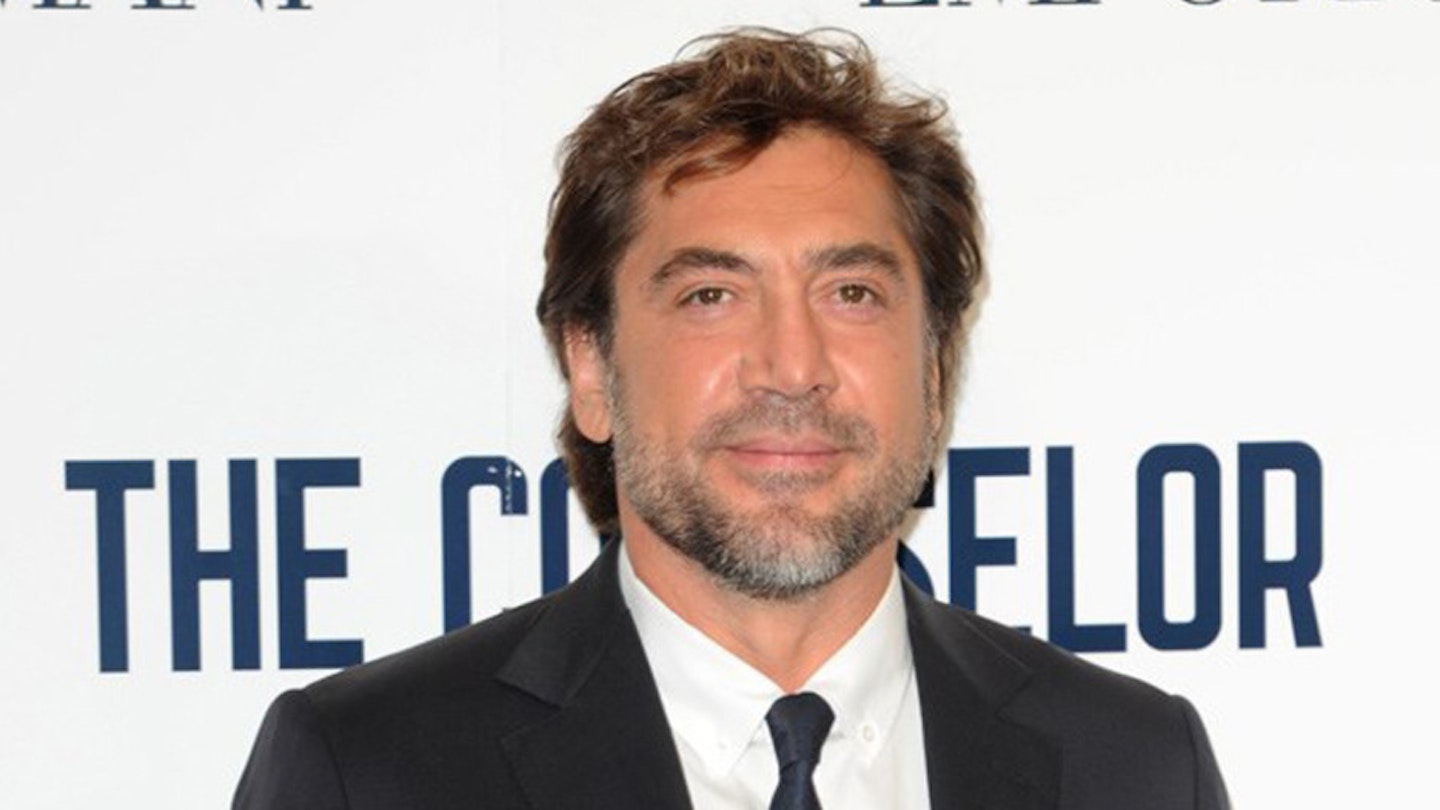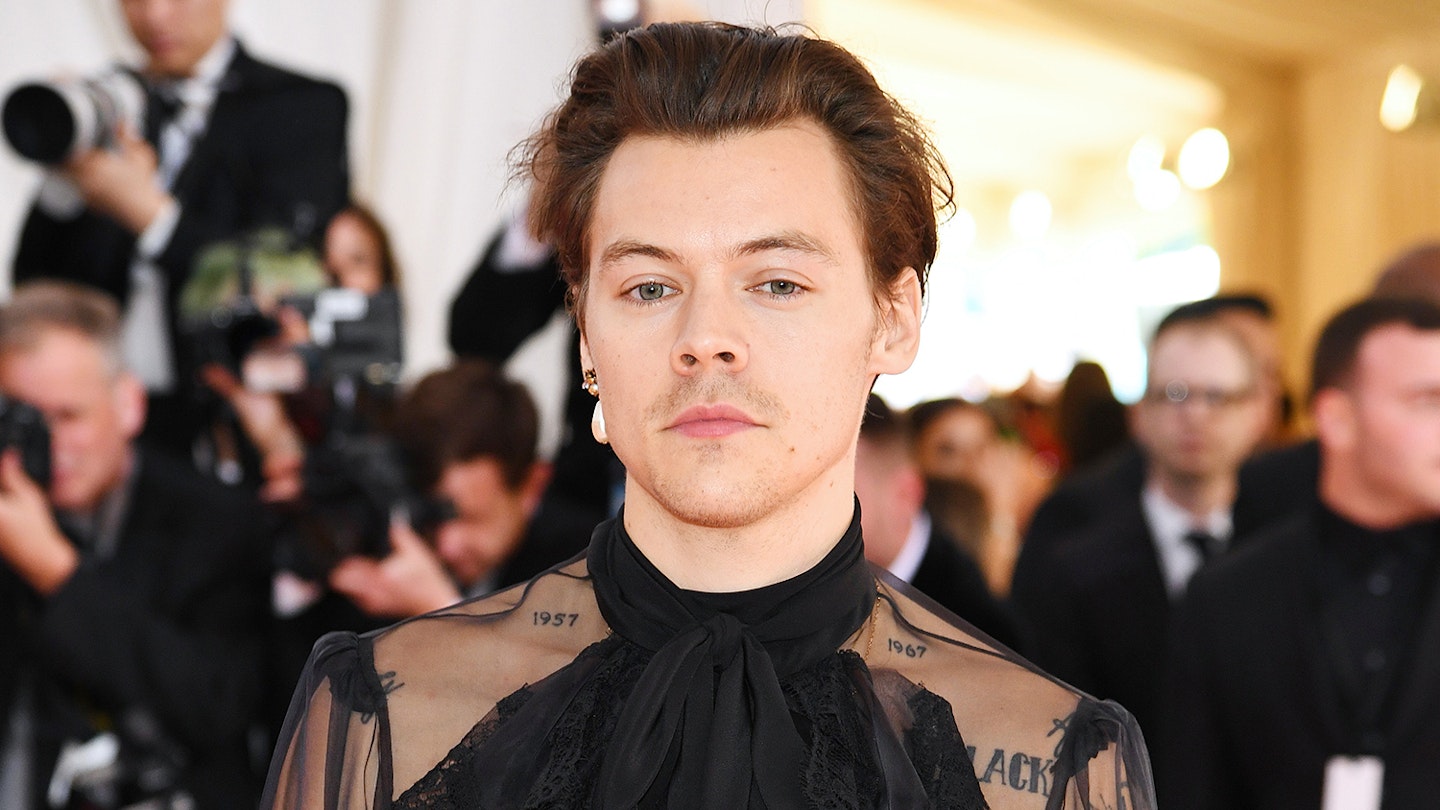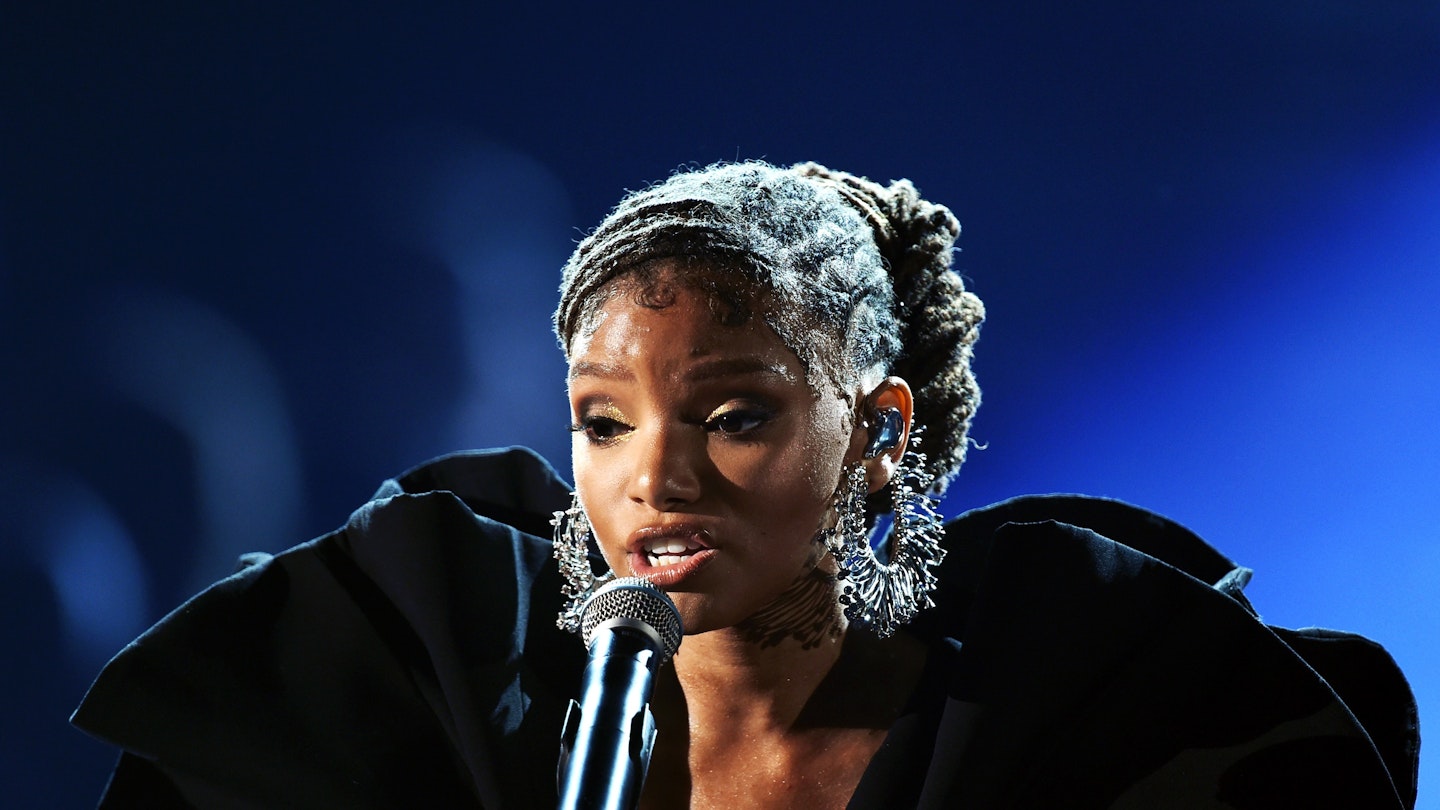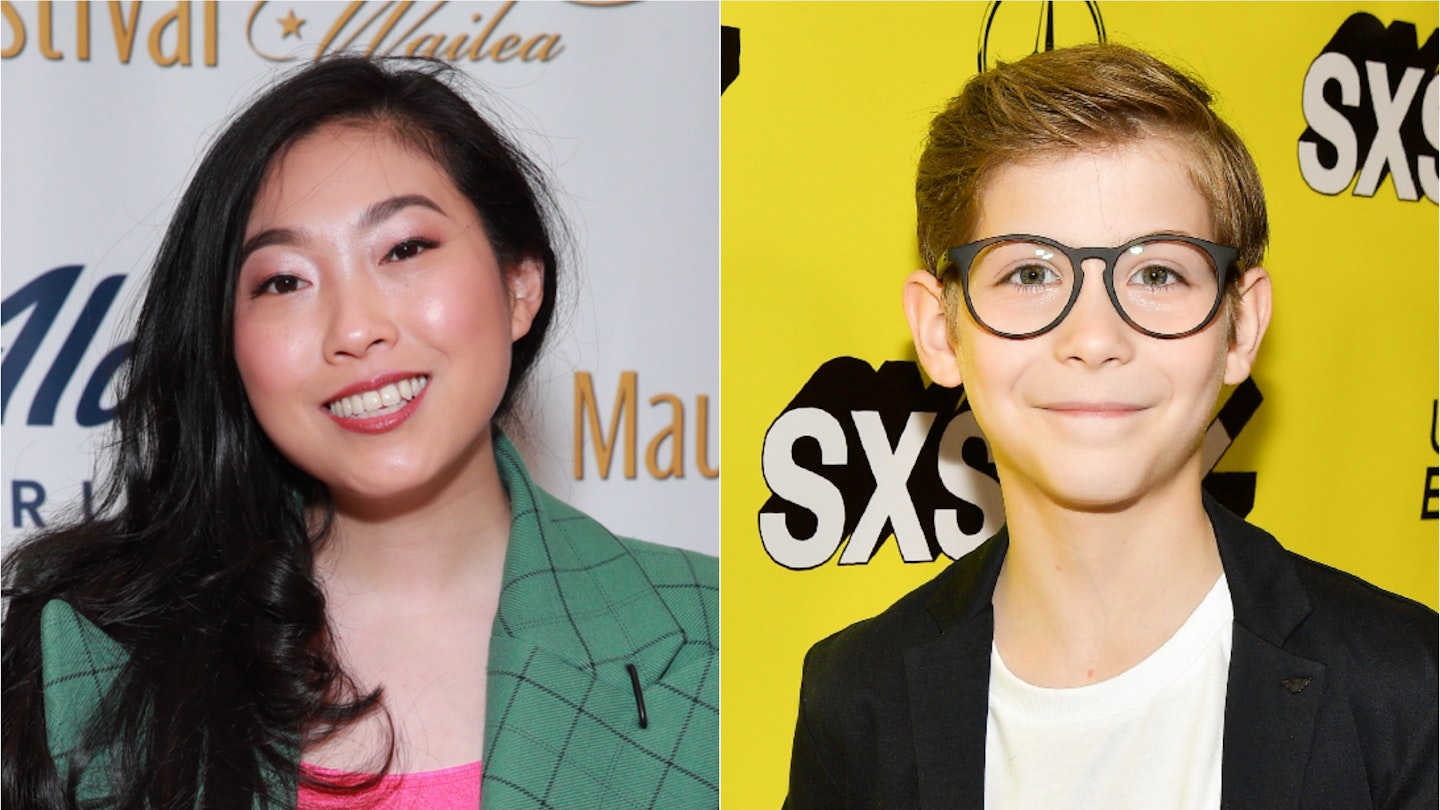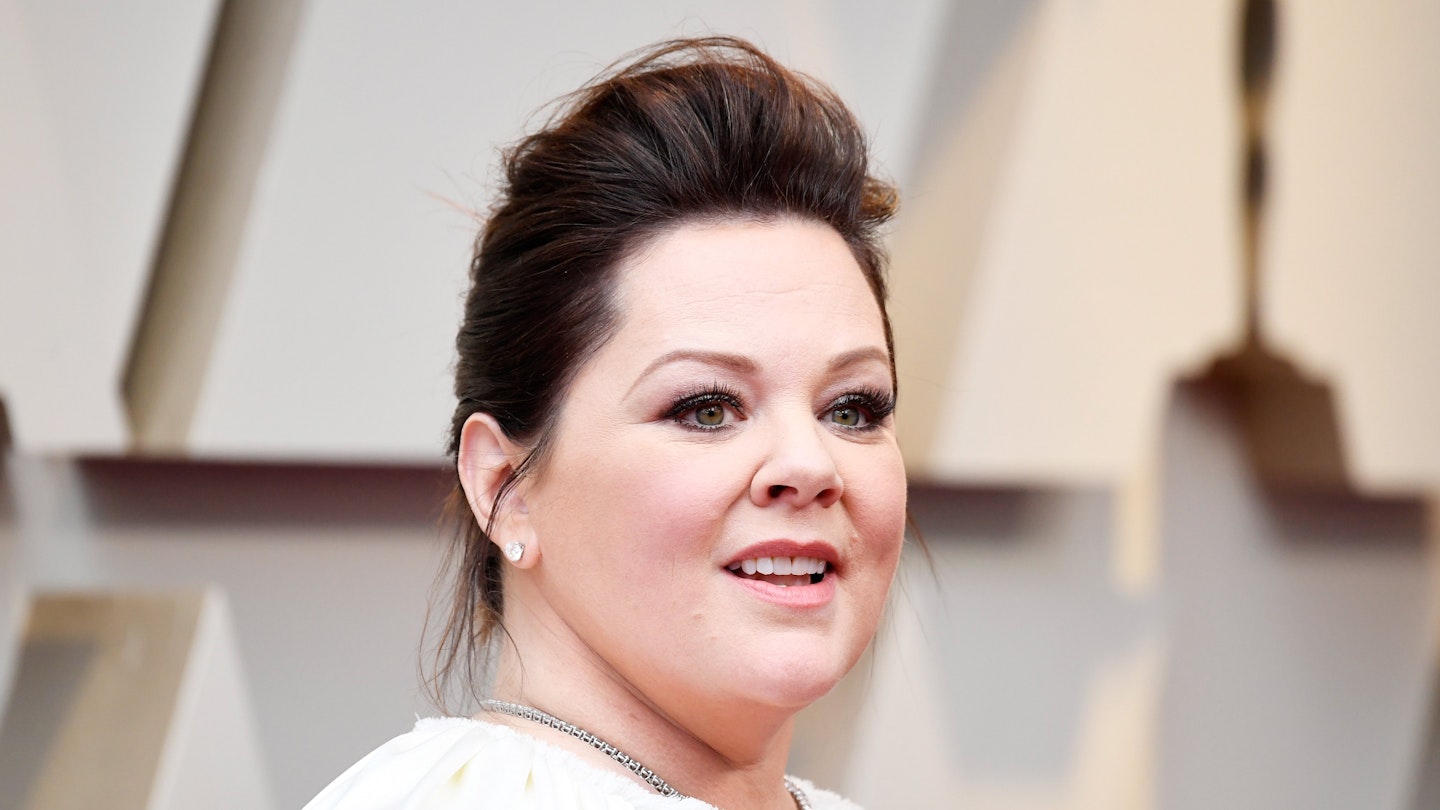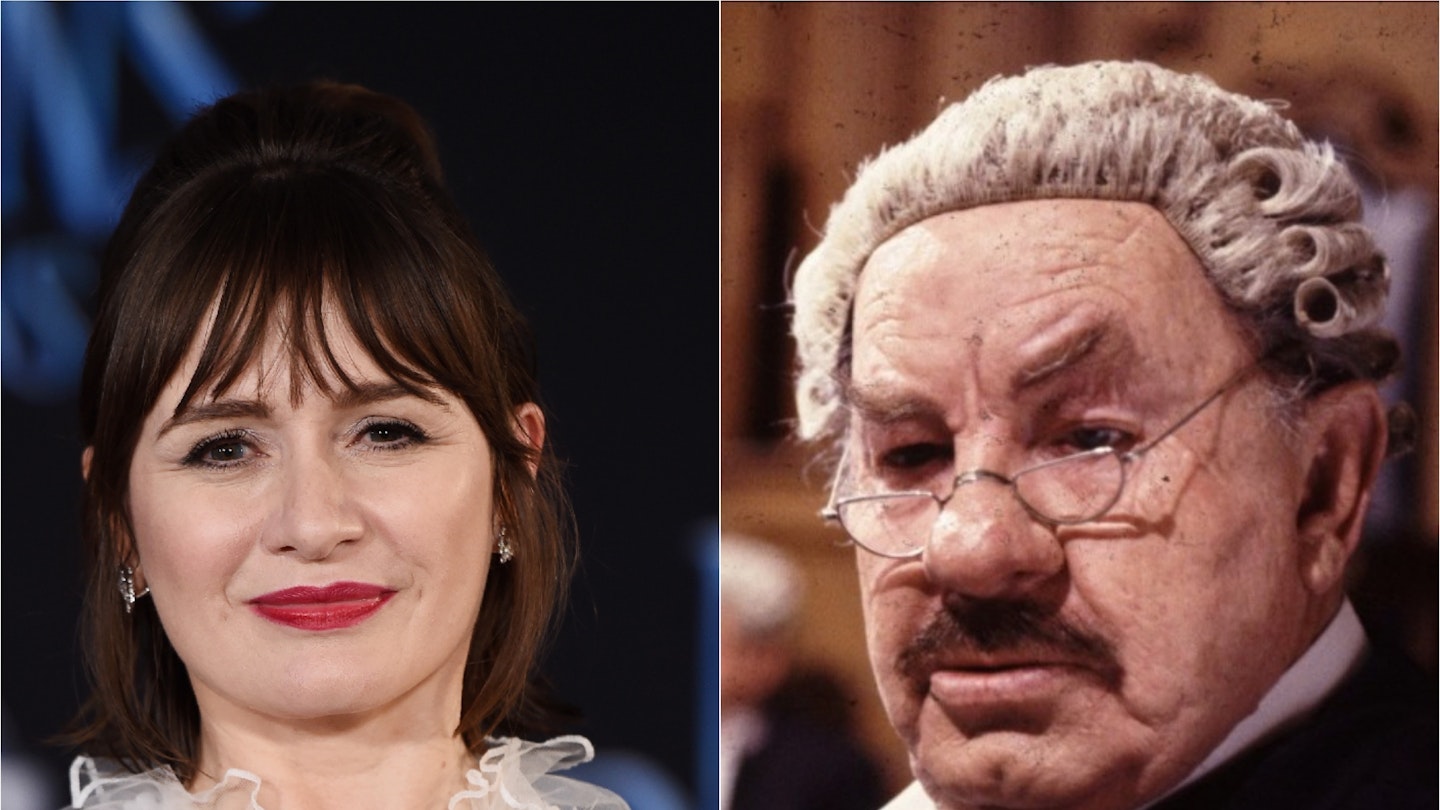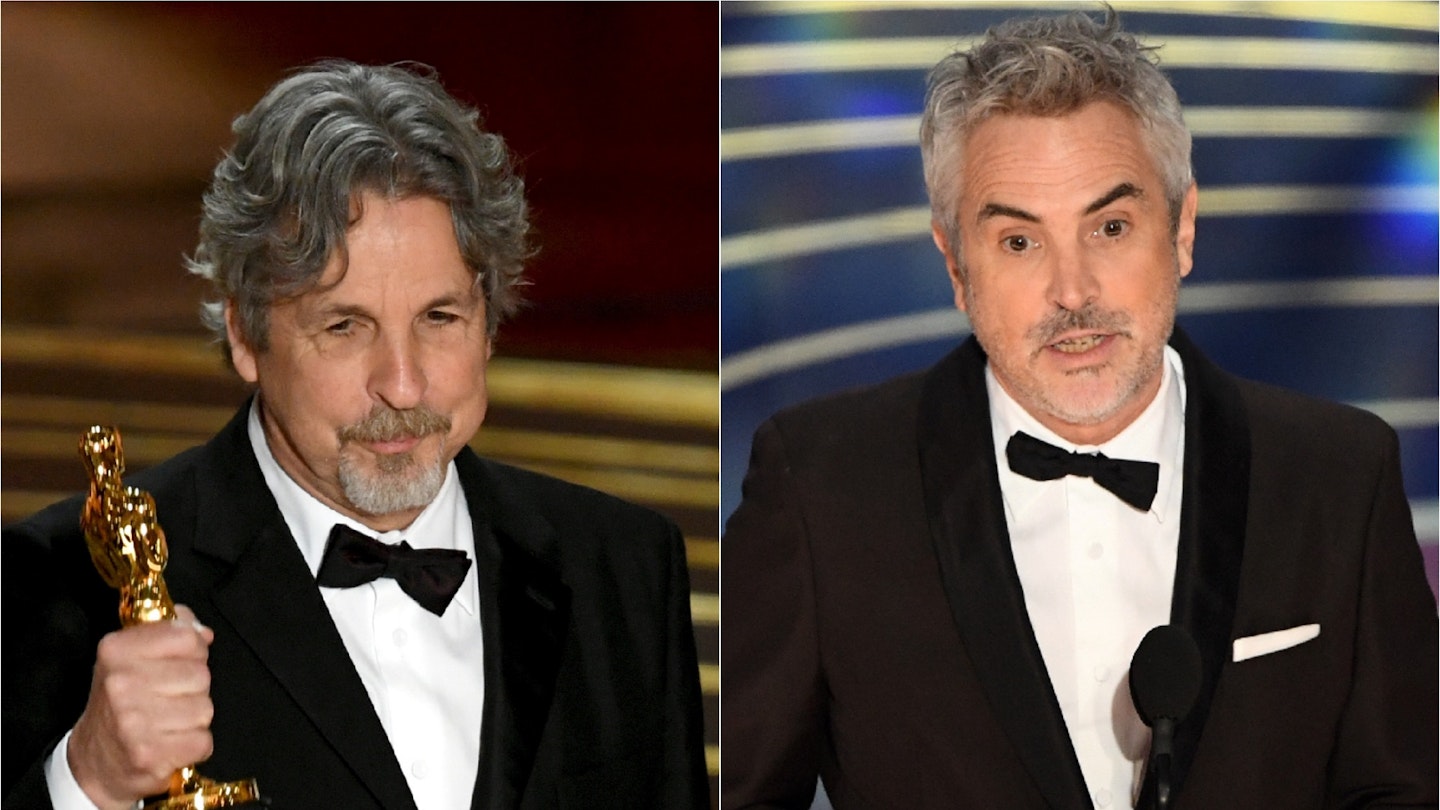It’s a wonder nobody forced Mary Poppins to return earlier. P.L. Travers wrote eight collections of Mary Poppins stories and we’ve only ever seen one film, the 1964 musical, the very definition of a classic. That it’s taken almost 55 years might be cause for concern that this is a mere cash-grab, a cynical rummage around Mary’s bottomless bag for a few more coins, but Mary Poppins Returns has boundless creativity, stacks of charm and not a cynical second. If it’s not quite practically perfect, it comes close enough.
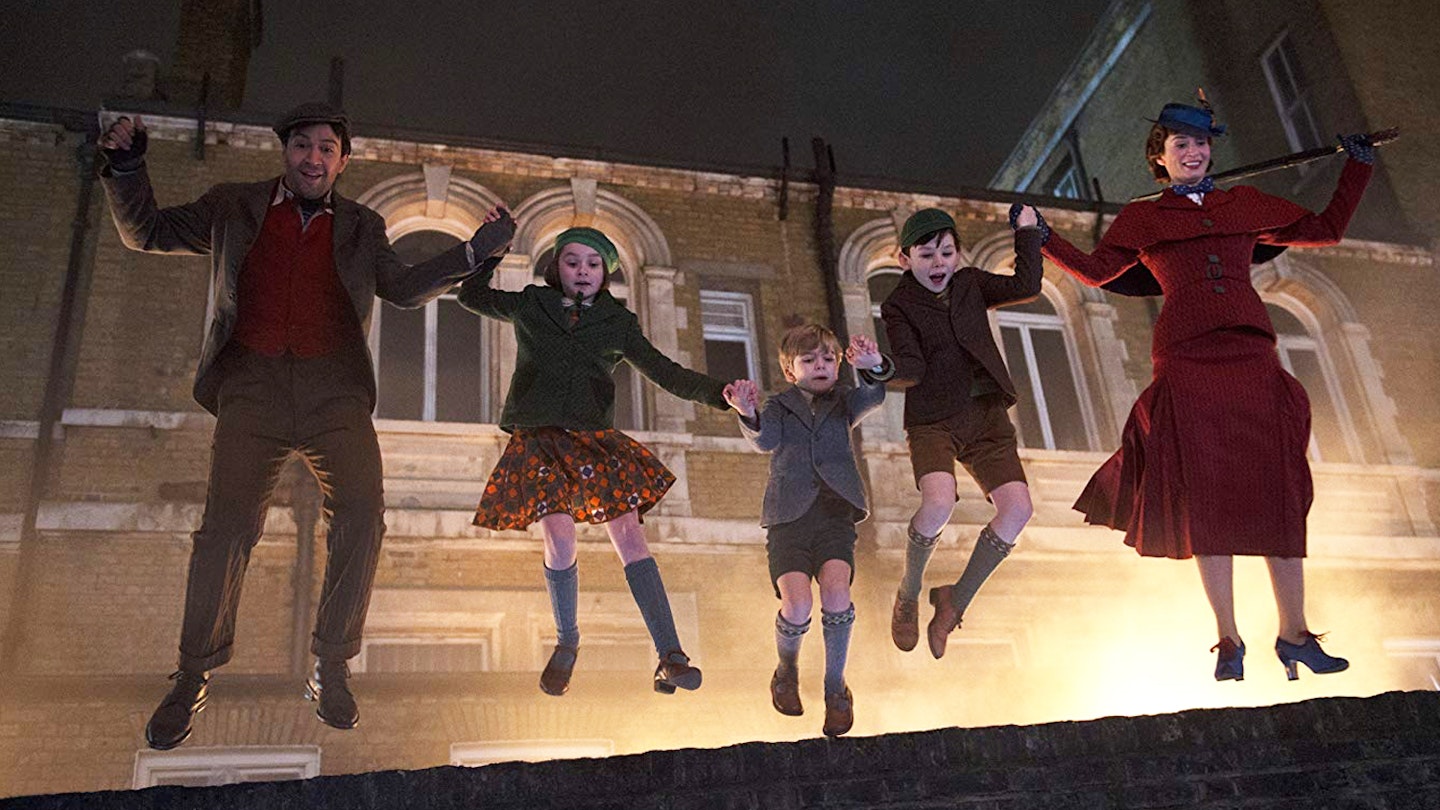
Not based on any specific Poppins story, David Magee’s witty, heartfelt script finds the Banks children, Michael (Ben Whishaw) and Jane (Emily Mortimer), still in the same house on Cherry Tree Lane, some 20 years later. Michael is now a single father of three, having lost his wife the past year. His grief has made him neglect the family finances, so the bank says it will repossess their house in two weeks if he cannot repay the loan. Jane, who is as practical as Michael is not, sets about finding ways to raise the money, as do Michael’s children, the precocious twins Annabel (Pixie Davies) and John (Nathanael Saleh), and Georgie (Joel Dawson). Worrying about their father has made the older children severe, so in blows Mary Poppins (Emily Blunt) on a stiff breeze to teach everyone the importance of family and optimism via the medium of song-and-dance numbers.
Rob Marshall deliberately recalls the original movie, but it’s homage rather than pastiche.
Emily Blunt is impeccably cast as Poppins. Comparisons with Julie Andrews don’t come up because they play the character very differently. Blunt’s version is both sterner and looser. In domestic scenes, with an accent so precisely elocuted she makes Andrews sound like Dick Van Dyke and a manner so stern it’s rather camp, she’s like a haughty headmistress. In the fantasy sequences she’s relaxed and grinning, her obvious delight in the part infectious. Blunt has comic timing as keenly cut as her accent, knowing exactly when to throw in a sarcastic eye roll or chuck a line away, never allowing Mary to be twee. Lin-Manuel Miranda, adorable as he is as lamp-lighter Jack, leaves less of an impression, oddly doing the same terrible Cockney accent as Van Dyke in the original. It’s clearly a choice, but not necessarily a good one.
Rob Marshall deliberately recalls the original movie, especially in animated sequences that directly mimic the loose lines of Disney’s ’60s style, but it’s homage rather than pastiche. The songs aren’t instantly memorable but Marshall’s staging, from an underwater party to a music-hall knees-up, is. Its energy and imagination lift you to such levels of simple glee that by the time it gets to its final number, with the cast floating above a London park in clouds of coloured balloons, you’ll never want to come down.
